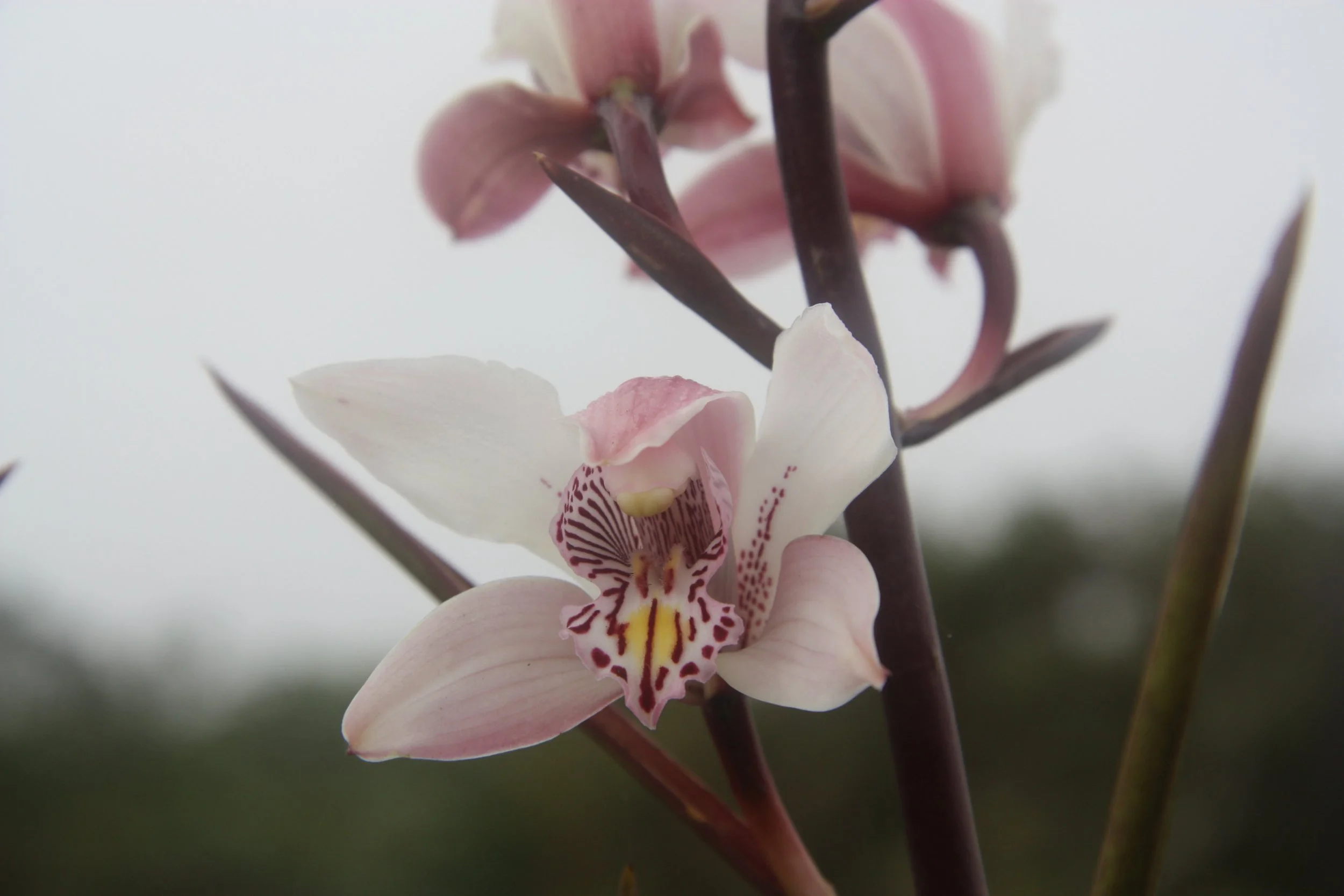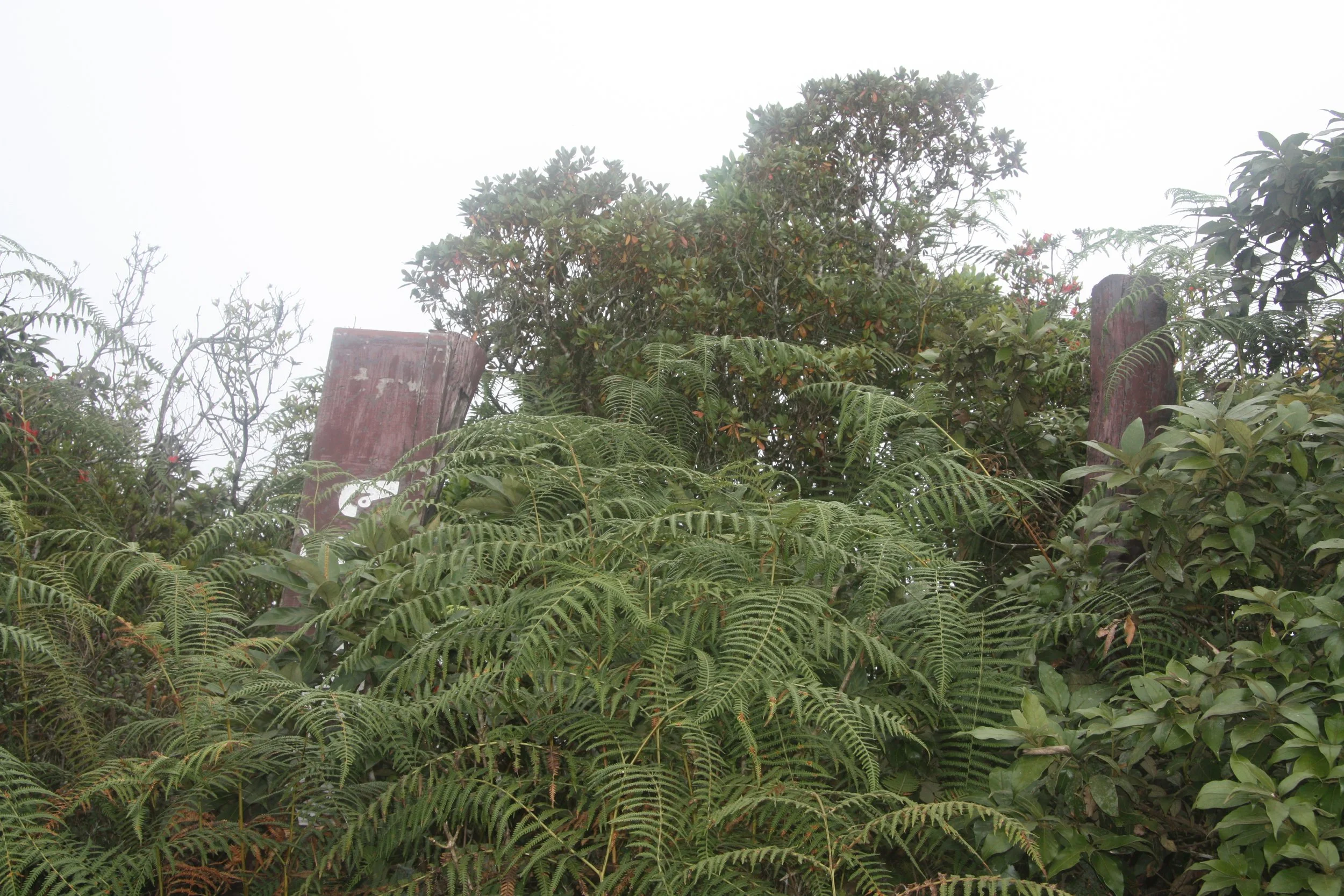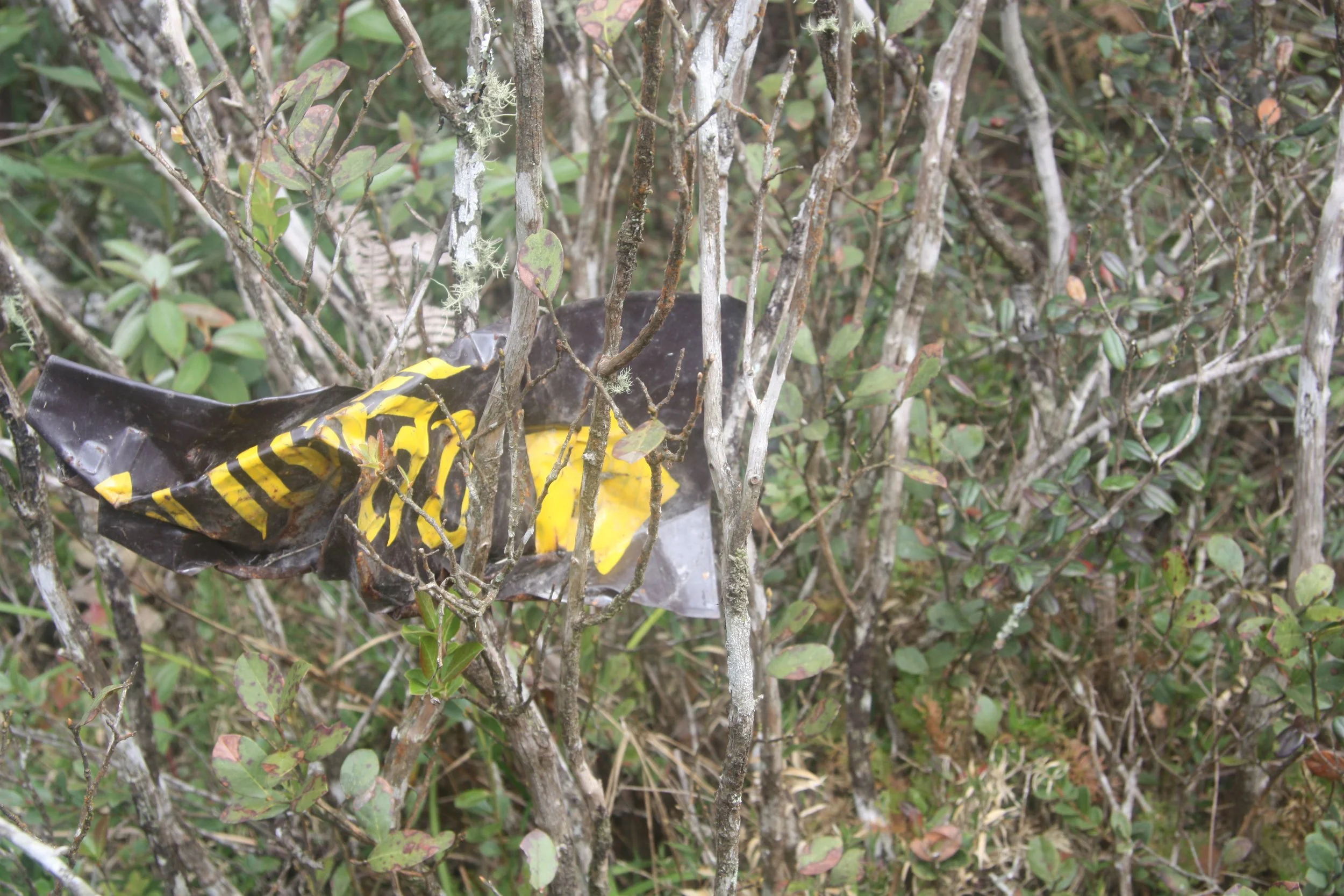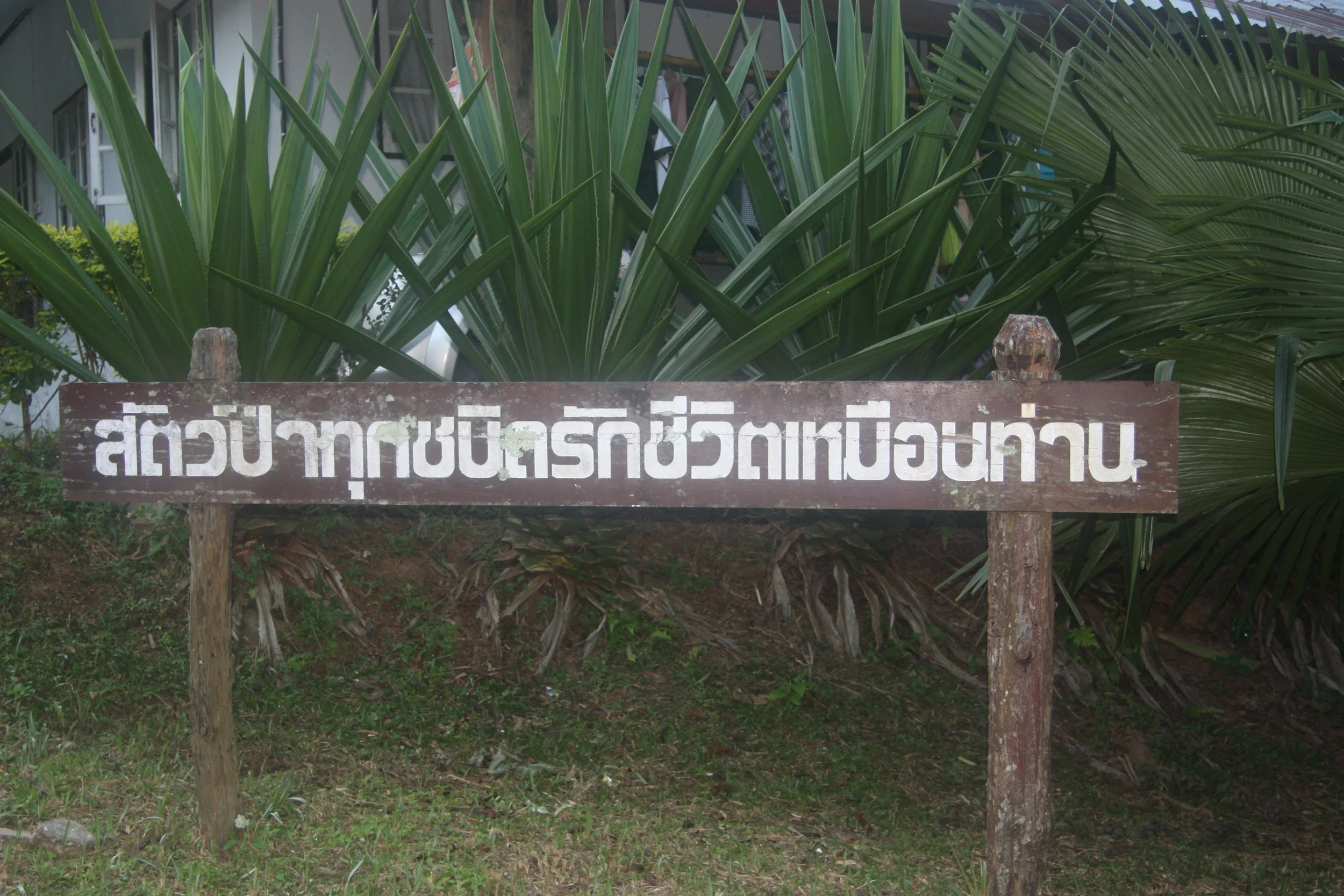Endangered Lives of Phu Luang
Loei Province
The domesticated chicken is by far the most populous bird on the planet. At best estimates, there are currently around three chickens for every human person, or more than 20 billion individual birds.
The consensus among experts is that the 20 billion chickens derived from two or more species of wild jungle fowl indigenous to an area of Southeast Asia including the present day province of Loei, Thailand. The first domestication and selective breeding of these ancestors to chickens is believed to have begun around 8,000 years ago, the handiwork of some of this region’s early settlers. The practice spread quickly, until the time of Alexander the Great, who brought fighting cocks from Asia back to Europe, setting into motion the global colonization that led to today’s 20 billion.
Remarkably, some wild relatives of those original ancestors of the domesticated chicken still roam the jungles in Thailand, including in Phu Luang, a a mountainous wildlife Sanctuary in Thailand’s Loei province. The chicken’s ancient ancestors are rare, but visitors to Phu Luang may catch a glimpse of one of these species, known locally as the“gai fa” (ไก่ฟ้า).
Unlike their domesticated cousins, they are skittish and prefer the cover of dense brush away from humans. But they will come out briefly into the open to munch on scattered rice. No doubt this mirrors the way it all started for the domesticated chicken.
There are cabins and plenty of spaces to camp near the “gai fa” up on top of Phu Luang and near a foggy lookout point on Phu Luang mountain. But, we camped in the grass near the Sanctuary's entrance, which we found after following a long and mostly unmarked winding country road that passes several small hillside villages.
We arrived a bit late, just after the sun had set. The purple sky was changing over into darkness. The park rangers insisted we camp down below, noting that traveling up the mountain at night could be unsafe. The multiple families of wild elephants residing on Phu Luang would soon be out for their nightly romp and they sometimes don't like extra company, or a car's blinding headlights, or any other strange sights humans tend to install into their environments. The psychology of a wild elephant squeezed into one of their last remaining natural sanctuaries is mysterious and unpredictable.
Some of the roughly 100 elephants that live within Phu Luang have adopted a habit of knocking down roadside posts, signs, water pipes, and practically anything else the rangers had installed . In the past, and for unknown reasons, some of the elephants have become aggressive – one charged and nearly knocked over a truck carrying visitors up the mountain. Elephants are known to be protective of their territories, but on Phu Luang they seemed to be becoming particularly irritable. While exploring the park by road the next day, I saw broken, kicked-in and utterly destroyed road signs scattered across the park.
Duly warned about not venturing beyond our patch of grass near the ranger’s station at the base of the mountain that night, we began setting up our tent and I lit a fire in our portable clay charcoal cooker. Several of the park rangers, who are housed in cabins nearby, spent the next several hours with us that night. We shared pieces of our barbecued squid, and they shared stories about their job protecting the sanctuary from poachers, encroaching farmers, and other dangers to life on the mountain. One ranger brought out a laptop that contained many folders full of hundreds of pictures of evidence collected of illegal trafficking of endangered animal carcasses poached in from the sanctuary. The poachers, one of the Rangers said, were often experienced animal traffickers from abroad.
They sneak into the park,, and attempt to sneak back out with as much wildlife (dead or alive) as they can find. Sometimes they are caught. According to the rangers, there have even been a few shoot-outs with the trespassers. The job of the rangers comes with serious hazards, and honery elephants apparently were the least of them. The rangers are always armed and camouflaged like soldiers. The real reason for this precautions is not is for protection from wild animals.
Later that evening, shortly before heading in the tent for a cool and pleasant night of sleep, I watched as a few of the rangers suited up and prepared themselves for a night shift. They headed off into the darkness in their green pickup truck. Thai folk rock music blasted from their radio as they sped off into the park.
Tonight’s mission? To scare a group of elephants away from some surrounding villages and farms that lay just at the sanctuaries borders. The elephants of course have no such concept of boundaries to their wandering and grazing, but those that wander too far are prone to destroying crops or whatever else gets in their way. This unfortunately ultimately puts the animals continued survival in jeopardy. Ultimately, a relatively happy co-existence with local villagers is the only chance the elephants have to remain living wild in these mountains,. So, its up to the rangers to find ways to corral the herds within their expected boundaries. As I shut my eyes to sleep that night, we could hear the sound of gun shots in the distance. It was the rangers shooting blanks or flares, doing their nightly work to keep the wild beasts contained within the sanctuary meant to protect them.
Breakfast the next morning was again shared with the friendly rangers. They invited us to their outdoor mess hall to join in in their meal of sticky rice, 'nam prik' (a paste made with liberal potions of chilies), and other assorted popular northeast Thailand foods (including a paste made from raw pork, which I politely avoided).
We talked some more about their constant struggle of protecting wild animals, and the rangers mentioned that they recently added a new responsibility to their job description, which I thought may be their most important one yet. The rangers of Phu Luang, in an effort to improve the reputation of the park among the local communities, now make regular visits to schools and public gatherings to educate locals about the importance of preserving life of endangered animals and to advocate their value to the Phi Luang communities. Sometimes the rangers dressed up in costumes and they even formed an Phu Luang rangers band to perform traditional music at local parties and festivals. The rangers said that it seemed to be making a difference.
One of the rangers, who went by the nickname 'Ouan' (meaning fat) spent most of the day with us, and gave a complementary guided tose some of the sights on the top of the mountain. He told me that the rangers swear an oath each morning, promising to protect the life in the sanctuary for future generations to enjoy. Ouan told me that some of the rangers believe that those who have taken the oath and broken it become cursed and will certainly die young or shortly after their retirement. I thought it a rather convenient thing to believe since the oath was a part of their job, but he seemed sincere in believing it to be true.
I noticed a sign at the entrance to Phu Luang that we didn’t see when we arrived the previous evening. It states (roughly translated):
”All kinds of animals in the forest love life just like you.”
It was the only sign I saw in the whole sanctuary that hadn’t been destroyed by an elephant.




